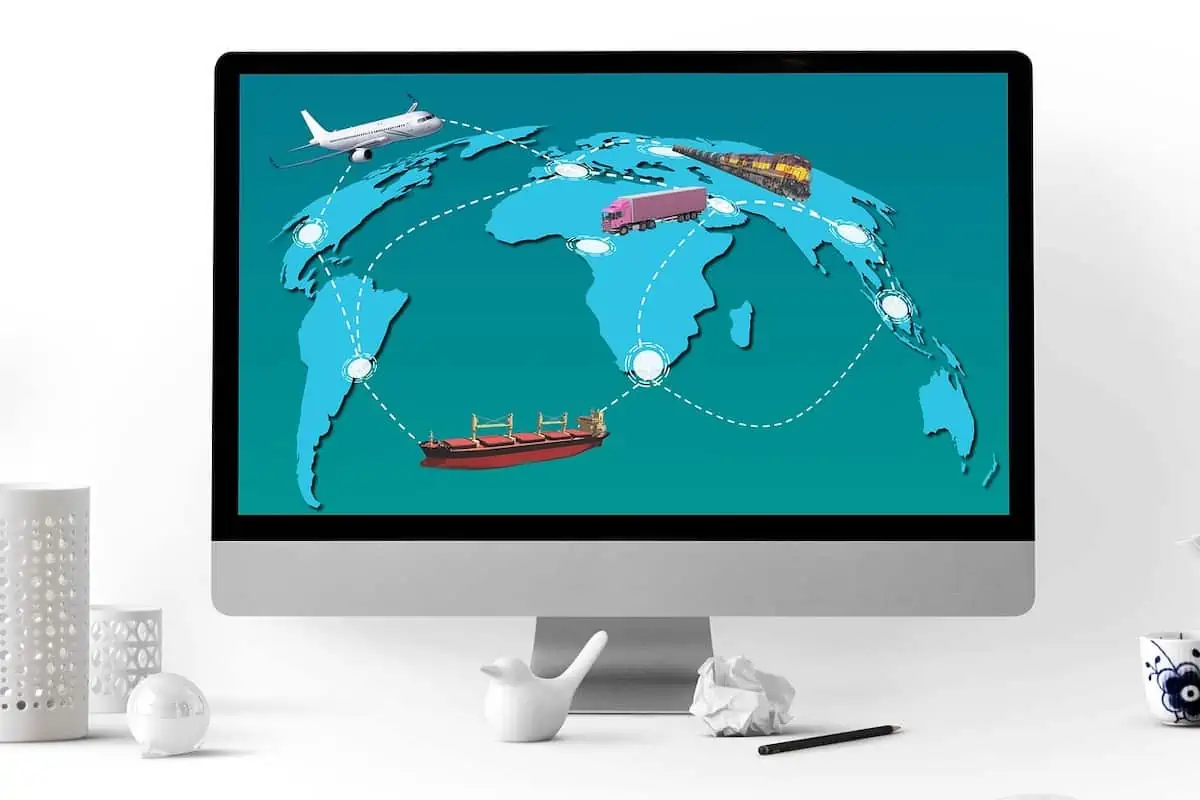The supply chains are the skeletons of the world and its global markets. The intricate networks from creation to production all the way to the customer enable us to live our current lifestyle. So how does the supply chain relate to the trading market, and why should traders and investors always be cautious and aware of supply chains?
The global economy, including the global supply chains, has been in a fragile state during the past few years. The pandemic, inflation, and war have affected global demand and supply, and both small investors and top brokerage accounts have seen violent changes in the market. Therefore, to answer the question in the title of this article, Supply Chain for Investors and Traders – the supply chain means everything to investors and traders.
Investment and supply chain relations
A large amount of publicly traded companies on the market operates within the various stages of the supply chain, not just within the delivery stage. As such, investments in large companies can be affected by any small changes along that supply line. These changes can also differ in type and size from conflicts within the individual supply chain or market, to overarching global events or geopolitical conflicts.
Zero Covid-policies and pandemic aviation
To give a few examples, we can look at the pandemic that first arrived in 2020. As national markets struggled to combat the Covid pandemic, several ports in main-supplier country China closed periodically as a result of the nation’s zero-Covid policy protocol. This resulted in massive supply shortages around the world, and thus affected a large group of international companies and their status on the stock market.
Another pandemic-driven example is the aviation market. As national travel restrictions increased, fewer people travelled by plane. This resulted in supply disruptions between large companies such as American Airlines and main material and product providers such as Boeing and Rolls-Royce. Furthermore, the lack of passenger supply and demand on those flights affected supply chains at the airports for both staff and other supplies.
Inflation and war
In 2022, we are seeing other issues on the supply chain horizon. Inflation runs rampant from supply shortages in energy after Russian gas sanctions were imposed as a result of the conflict in Ukraine.
As a result, several strong Western currencies are facing their worst lows in decades in the forex market. Furthermore, Ukrainian crops were cut off after the invasion began, affecting large customers on the African continent and cutting a source of income for the war-haunted country.
What does this mean for investors?
As we can see in the examples above, events in the supply chain affect the entire global market. So how should investors navigate these types of events? There are several different approaches that traders can take to safeguard and analyze their investments. The safest is naturally to speak with your broker and brainstorm ideas, but below are some other recommended strategies.
Material or digital stock
The first thing traders can do is look at their portfolio and note what type of companies they are investing in. On a general note, supply chain issues tend to hit harder on companies that deal in physical materials and products, such as transportation, retail, and construction. Therefore, companies that deal with digital supply chains, such as IT companies, might be a safer bet, especially as the technological era prospers and develops.
Focus on long-term returns
Another option is to focus on long-term returns. Supply chain problems don’t tend to remain forever, and as soon as the issue is resolved the market will generally recuperate. Some investors even see supply shortages as a prime opportunity for investments as costs are low and investing means contributing capital which can help the companies recover and expand.
Diversifying your portfolio
Lastly, and perhaps most basic, is to look over the diversification of your portfolio. The world is never completely prosperous, and there is always one branch or region that is dealing with some sort of supply chain or other issues. The safest thing that a trader can do in any situation is therefore to diversify their portfolio.
The diversification can be based on a number of things. It can be between different markets and industries (such as the material and digital divide mentioned above or otherwise), different branches within certain markets, or geographically diverse. While diversifying may mean having less knowledge about a larger span of markets, it can also help reduce volatility.
Conclusion
The supply line system is crucial for traders to incorporate into their market analysis. Small and large events can both affect the market and have devastating and long-lasting effects. Therefore, investors should adopt strategies that allow them to safeguard against these types of changes, by for example using diversification strategies in their portfolios or focusing on long-term returns.

